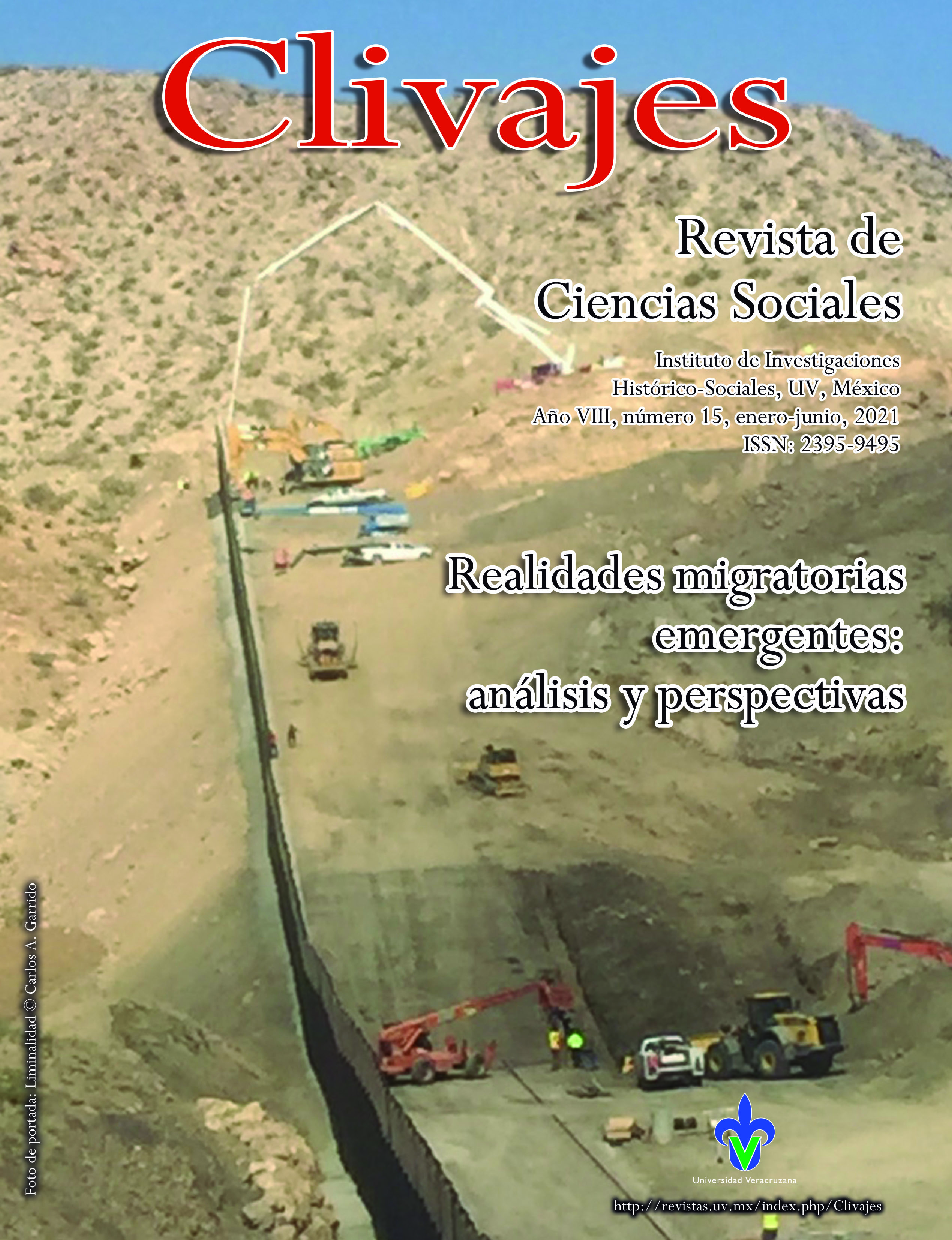Abstract
Mexican migrants in large cities of the United States have diversified their profiles, giving rise to communities of migrant origin that are now characterized by their mixed status. From the documentation of their organizational work and their activism in support of their local causes, two great strategies to face the challenges of their communities highlighted. The first type is related to social entrepreneurship to improve the daily lives of its members and empower them socio-economically, these are the social innovation campaigns. The second type is related to the consensus of claims, the community negotiation of collective strategies, the linkage with the city's public programs and the forging of alliances with local political actors; this is what is known as policy incidence. Through fieldwork conducted in US metro areas consisted of participant observation and interviews that was complemented with a digital ethnography during the pandemic, best practices were documented and the changes in activism generated by the Covid-19 are explained.
Keywords: Mixed status, Social innovation, Policy incidence, Metropolitan areas


